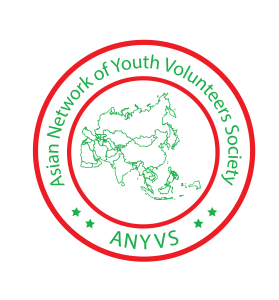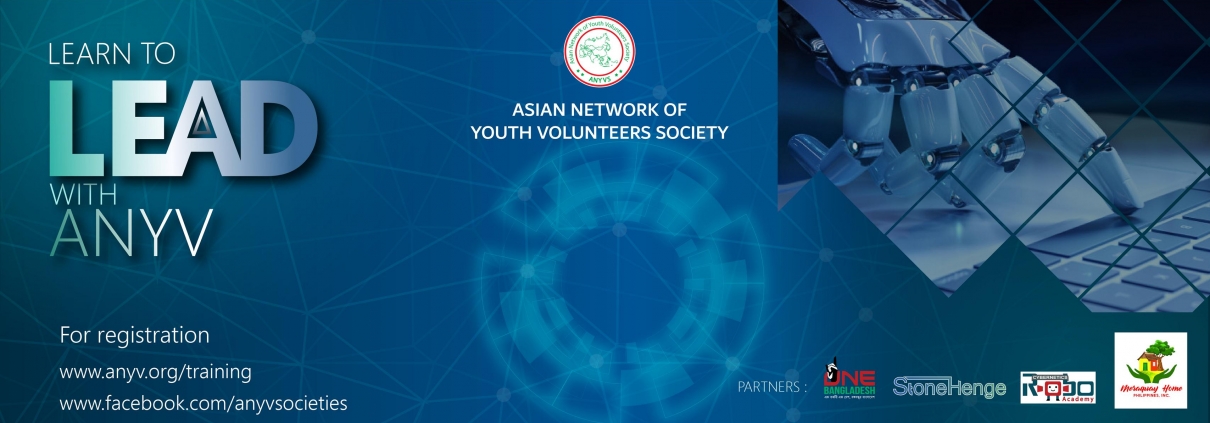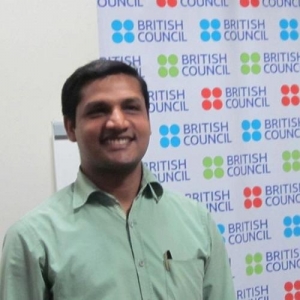Pramodh Shah
Course Outline
Global Education
International Learning promotes an appreciation and understanding of other cultures. It encourages young people to become responsible, global citizens, ready to play a positive role in today’s society.
We are living in a time of unequalled global collaboration. New technologies make it possible for individuals to work together and share ideas and insights in ways which were unimaginable a decade ago.
Education is the only solution. Education first.
Core Skills
Core Skills for
- learning
- work &
- Society
Our world is moving quickly
Our young people need to be enabled to:
- Generate and implement new ideas, solutions and products
- Use digital tools to enable knowledge discovery, creation of resources and communication
- Apply their knowledge to solve real-world problems.
21st-century skills or deep learning skills include:
- Ways of working: communication and collaboration
- Ways of thinking: critical thinking, problem solving, creativity & innovation, learning to learn and metacognition
- Tools for working: information literacy, information and communication technology (ICT) literacy
- Ways of living in the world: global citizenship and civic responsibility, including cultural awareness and competence.
- Student leadership and personal development
CORE SKILLS
There are six Core Skills to help prepare young people for life and work in a globalised economy.
- Digital Literacy
- Critical Thinking & Problem Solving
- Creativity & Imagination
- Student Leadership
- Collaboration & Communication
- Citizenship
Citizenship:
Developing active, globally aware citizens who have the skills, knowledge and motivation to address issues of human and environmental sustainability and work towards a fairer world in a spirit of mutual respect and open dialogue; developing an understanding of what it means to be a citizen of their own country and their own country’s values.
Citizenship as a status:(rights and duties)
Citizenship as a feeling: (identity and belonging)
Citizenship as a practice: (making a difference)
Citizenship as a competence: (participation skills)


